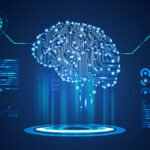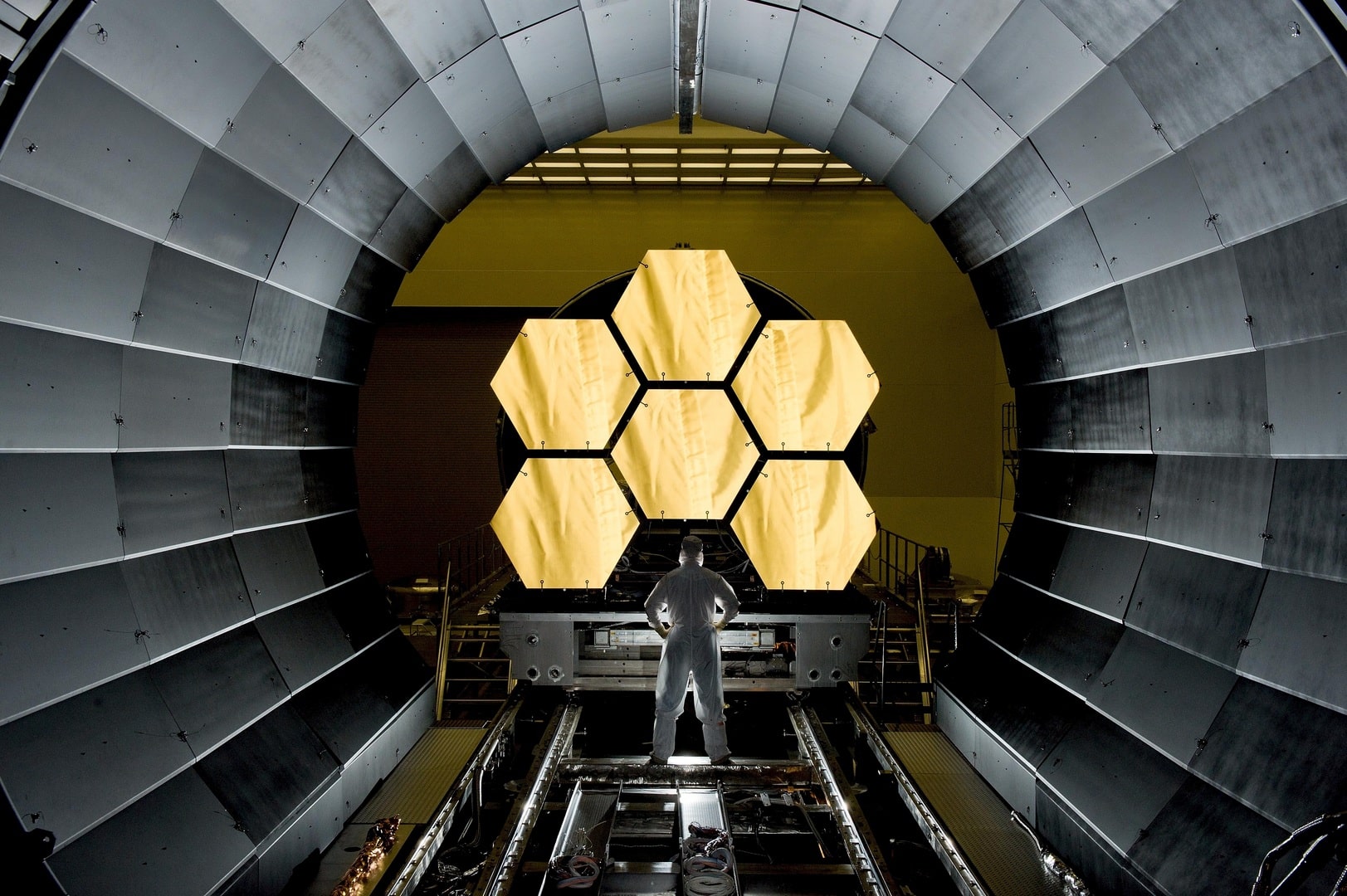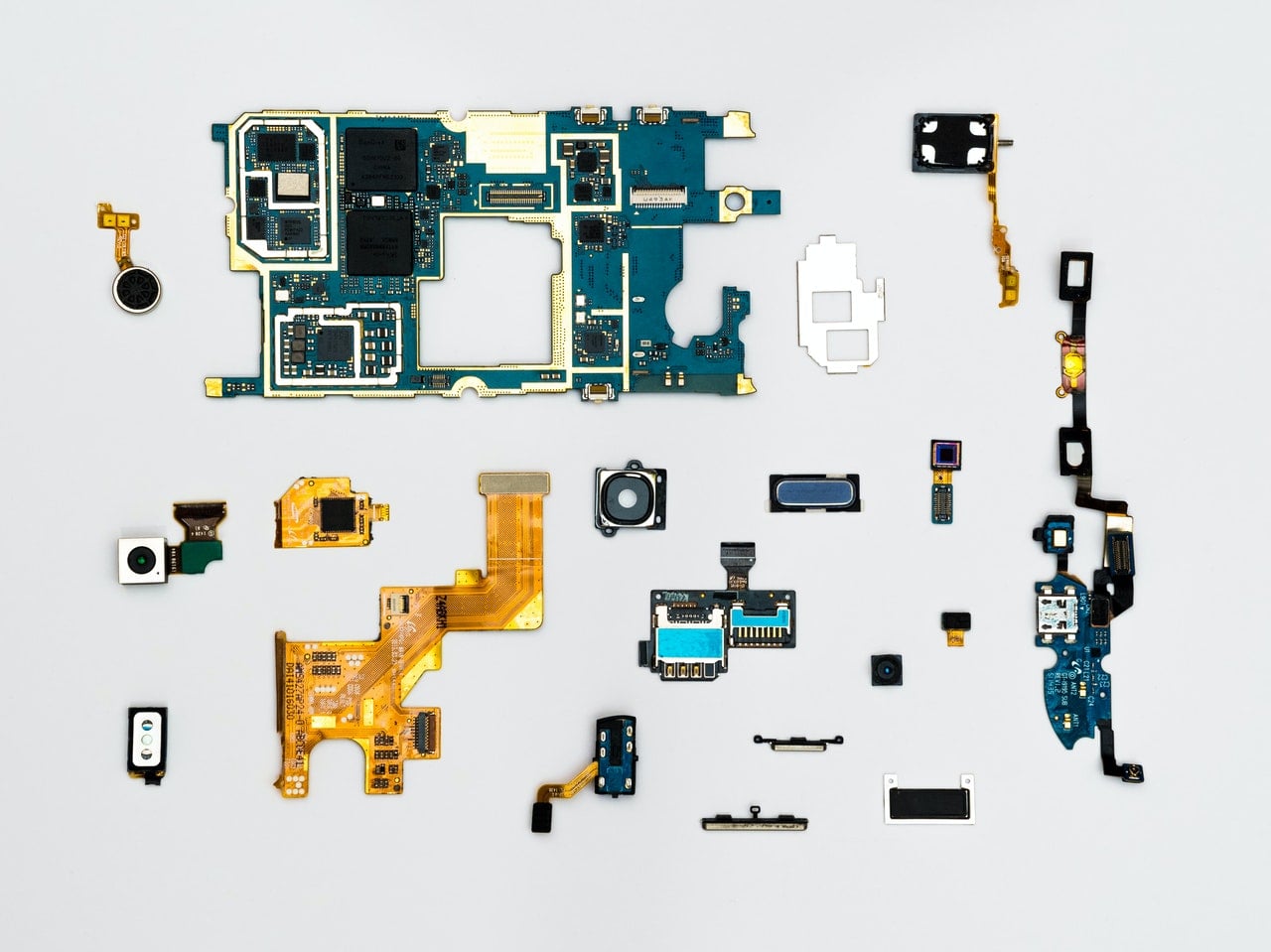Interview with Mr.Jürgen Schmidhuber
Interviewer: Good day, everyone. I’m honored to have the opportunity to speak with one of the pioneering minds in the field of artificial intelligence, Jürgen Schmidhuber. Thank you for joining us today.
Jürgen Schmidhuber: Thank you for having me. It’s a pleasure to be here.
Interviewer: You’ve been a driving force in the development of artificial neural networks and deep learning. Could you share with us some of your insights into how this field has evolved over the years?
Jürgen Schmidhuber: Certainly. The journey of artificial neural networks and deep learning has been quite remarkable. It began with the perceptron in the 1950s, but it was in the 1980s that researchers started delving into more complex architectures. My work in the 1990s, particularly with the Long Short-Term Memory (LSTM) networks, laid the foundation for recurrent neural networks that can handle sequential data effectively. The breakthroughs of recent years, such as the resurgence of neural networks with convolutional layers and the development of attention mechanisms, have propelled the field to new heights. Today, deep learning is driving advancements in image recognition, natural language processing, and more.
Interviewer: Your early contributions indeed laid the groundwork for much of what we see today. Speaking of the present, what are your thoughts on the current state of artificial intelligence and its applications?
Jürgen Schmidhuber: The current state of AI is truly exciting. We’re witnessing AI systems achieving remarkable feats in areas like image generation, language translation, and even playing complex games. However, it’s essential to note that while these systems exhibit human-like abilities in specific tasks, they lack a true understanding of the world like humans possess. General AI, which can understand and reason about the world across a wide range of tasks, remains a challenging goal. We need to continue advancing our research and exploring ways to achieve more robust and versatile AI systems.
Interviewer: That’s a valid point. As AI continues to advance, there are discussions about ethical considerations and potential risks. How do you see the intersection of AI and ethics?
Jürgen Schmidhuber: Ethical considerations are of paramount importance as AI technologies become increasingly integrated into our lives. We must ensure that AI systems are developed and deployed responsibly, adhering to principles of fairness, transparency, and accountability. Bias in AI, for instance, is a critical issue that needs to be addressed to avoid reinforcing existing inequalities. Moreover, we should actively engage in discussions about the societal implications of AI, including its impact on jobs, privacy, and security. Striking the right balance between innovation and ethical considerations is crucial for the long-term success of AI.
Interviewer: Those are crucial considerations for the future. Looking ahead, what do you envision for the next frontier of AI research and development?
Jürgen Schmidhuber: The future of AI holds exciting prospects. I believe we’ll see advancements in areas like unsupervised learning, which can enable AI systems to learn from vast amounts of unlabeled data, akin to how humans learn. Exploring the principles of curiosity and intrinsic motivation in AI systems could lead to more autonomous and versatile agents. Additionally, the development of AI systems that can collaborate and communicate effectively with humans and other AI agents will be essential for tackling complex challenges. Ultimately, the journey towards artificial general intelligence continues, and I’m confident that we’ll make significant strides in the coming years.
Interviewer: Thank you for sharing your insights, Jürgen Schmidhuber. Your contributions have undoubtedly shaped the field of AI, and your perspective on its current state and future possibilities is truly enlightening.
Jürgen Schmidhuber: My pleasure. Thank you for the thoughtful discussion. It’s an exciting time to be a part of the AI community, and I look forward to seeing how the field evolves in the years to come.





























